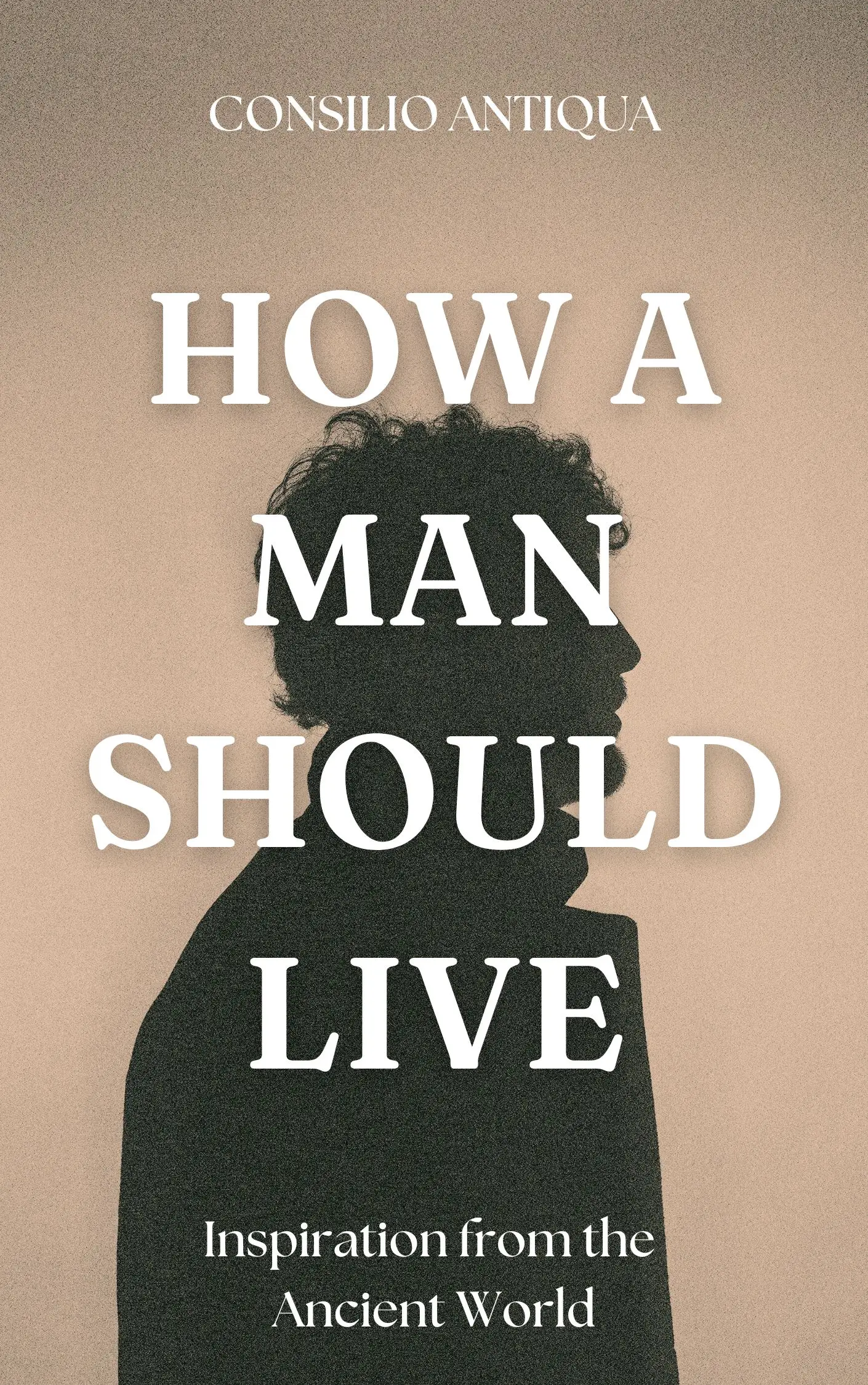
How a Man Should Live | Chapter Biography: Cato the Younger
Chapter Biography: Cato the Younger
The wind whipped across the Tuscan hills, carrying the scent of olive groves and the distant murmur of the sea. In this landscape of sun-drenched stone and ancient olive trees, Marcus Porcius Cato, a name that would echo through the centuries, was born. His birth, though unremarkable in itself, marked the beginning of a life that would be defined by unwavering principle, fierce independence, and a tragic adherence to ideals that ultimately proved unsustainable. His family, a branch of the ancient and respected Porcia gens, instilled in him a deep sense of Roman tradition, a reverence for the Republic, and a stoicism that would become his defining characteristic. His education, steeped in the classics and the rigorous discipline of Roman life, further shaped his character, forging a man of unwavering conviction, a man who would stand against the tide of history itself.
His youth was not marked by extraordinary events, but rather by the slow, steady cultivation of virtue. The stories whispered among the patricians spoke of a young man of exceptional discipline, a relentless student of philosophy and law, a figure whose moral compass pointed unerringly towards what he perceived as right, regardless of the cost. He learned the art of rhetoric, mastering the subtle nuances of persuasion, but his true power lay not in his eloquence, but in the unwavering integrity that shone through his every word. This integrity, however, was not without its flaws; it was a rigid, almost unforgiving virtue, a moral compass that could be as much a source of strength as a source of isolation.
Cato's rise to prominence was a testament to his unwavering dedication to the Republic. He entered the political arena with the same unwavering resolve that characterized his personal life. He was not a charismatic orator, nor did he possess the subtle skills of political maneuvering that marked some of his contemporaries. Instead, he relied on the force of his convictions, his relentless pursuit of justice, and his unyielding opposition to corruption. His voice, though sometimes harsh and uncompromising, resonated with those who yearned for a return to the idealized virtues of the past. He championed the rights of the common people, battling against the excesses of the wealthy and powerful, often finding himself at odds with the very establishment he sought to reform.
His relationships were complex and often fraught with tension. He formed alliances with those who shared his ideals, but his uncompromising nature often alienated potential allies. His clashes with Caesar, Pompey, and other powerful figures were legendary, showcasing his unwavering commitment to his principles, even in the face of overwhelming opposition. These conflicts were not merely political battles; they were clashes of ideologies, reflections of the deep divisions that were tearing the Republic apart. His personal life, too, was marked by a certain austerity, reflecting his commitment to a life of simple virtue. His marriage, while seemingly conventional, reveals a man bound by duty and tradition, yet seemingly incapable of the deeper emotional connections that might have softened his rigid resolve.
Cato's legacy is a complex and multifaceted one. He is remembered as a champion of liberty, a defender of the Republic, a symbol of unwavering integrity. Yet, he is also seen as a rigid, uncompromising figure, a man whose unwavering adherence to principle ultimately contributed to the very chaos he sought to prevent. His death, a self-inflicted act of defiance against the encroaching power of Caesar, cemented his image as a tragic hero, a man who chose death over compromise. The interpretations of his life and actions continue to this day, a testament to the enduring power of his story.
His influence extends far beyond the confines of ancient Rome. His unwavering commitment to virtue, his relentless pursuit of justice, and his tragic end have resonated with generations of thinkers and activists. He stands as a reminder of the importance of principle, the dangers of unchecked power, and the enduring struggle between idealism and pragmatism. His story is not merely a historical account; it is a timeless parable, a cautionary tale, and a source of enduring inspiration.
Cato's life, viewed through the lens of the present, reveals a man of contradictions. He was a product of his time, a man deeply rooted in the traditions of the Roman Republic, yet his actions often foreshadowed the complexities of the modern world. His unwavering adherence to his principles, while admirable, also reveals a certain inflexibility, a lack of willingness to compromise that ultimately contributed to his downfall. He was a man of unwavering integrity, yet his actions often had unintended consequences, highlighting the inherent limitations of even the most noble intentions.
In the end, Cato the Younger remains an enigma, a figure whose life continues to inspire debate and reflection. He was a man of contradictions, a hero and a villain, a symbol of both unwavering integrity and tragic inflexibility. His story is a reminder that even the most virtuous intentions can have unforeseen consequences, and that the path of principle is often a lonely and arduous one. The wind still whispers across the Tuscan hills, carrying the echoes of his name, a testament to a life lived with unwavering conviction, a life that continues to shape our understanding of virtue, duty, and the enduring struggle for justice.
